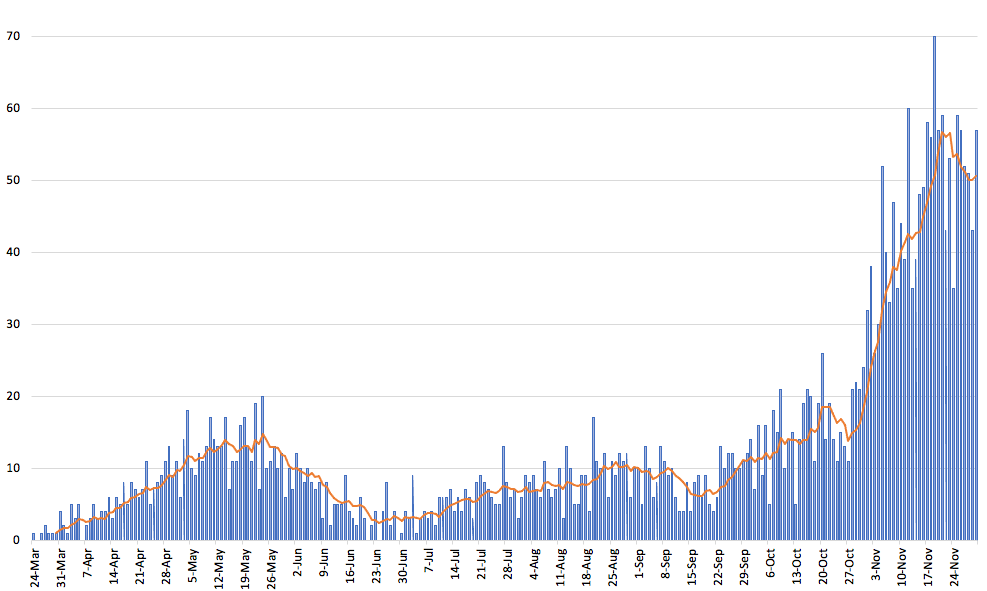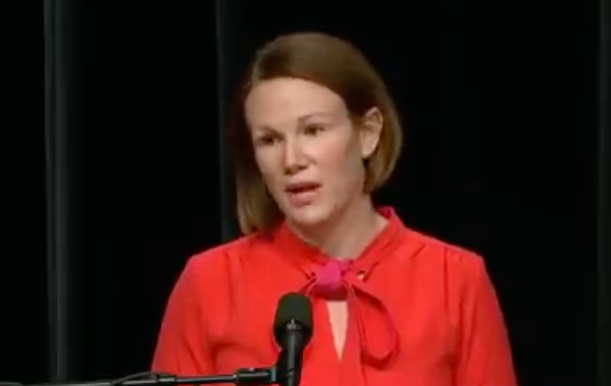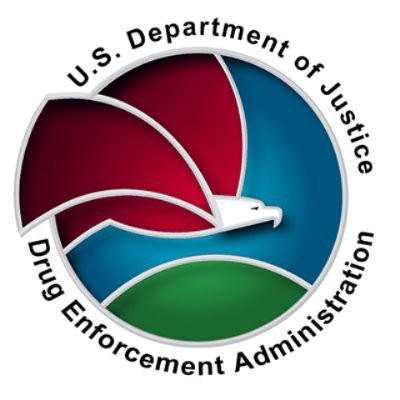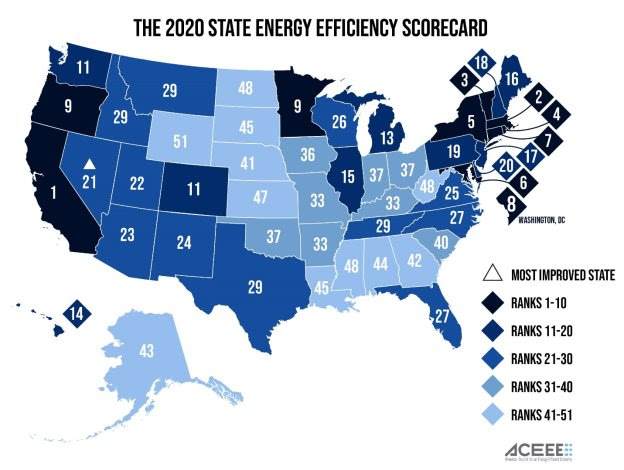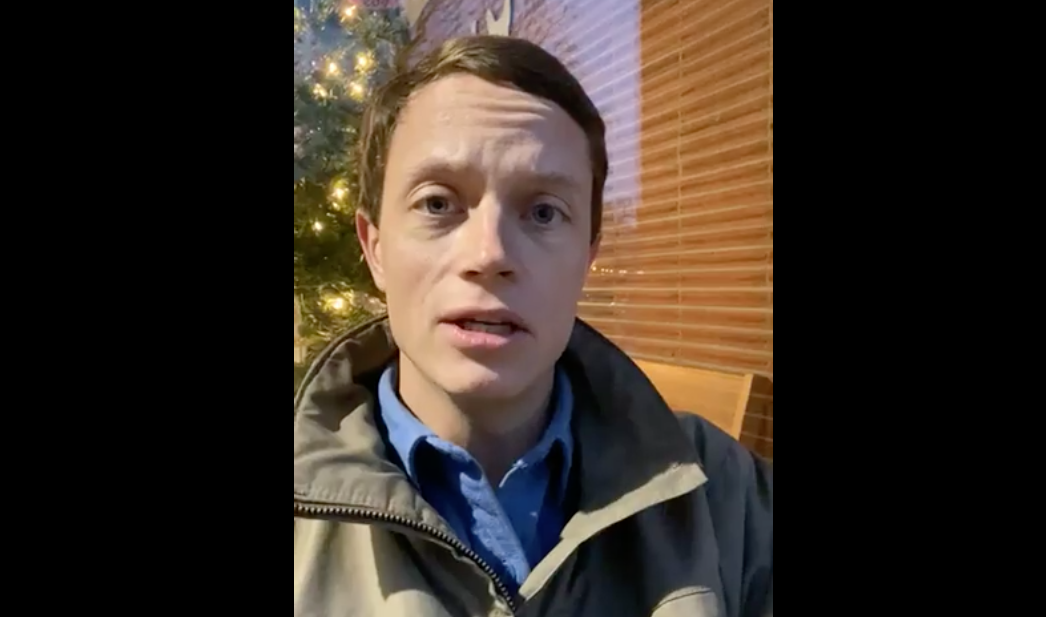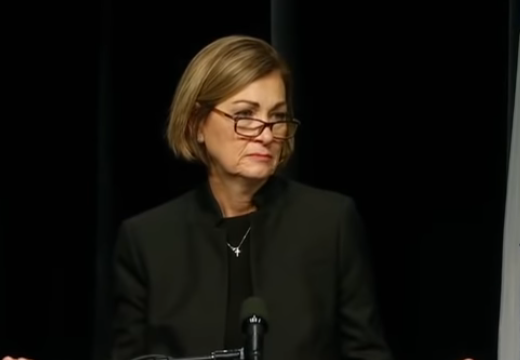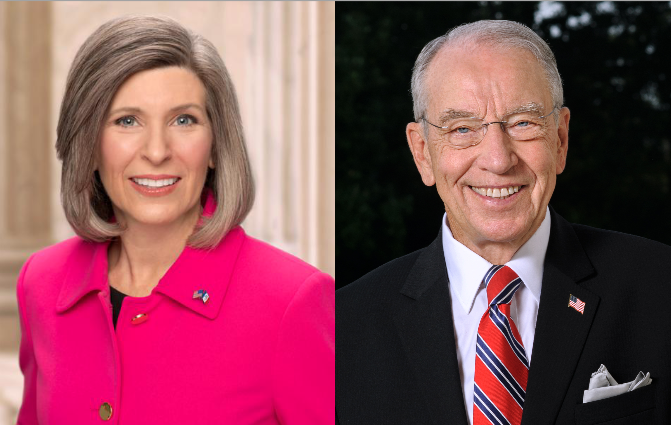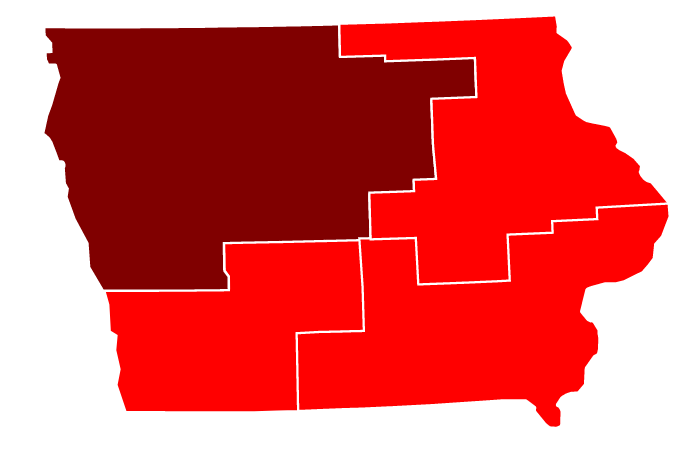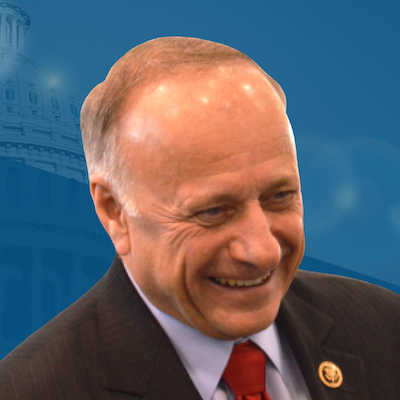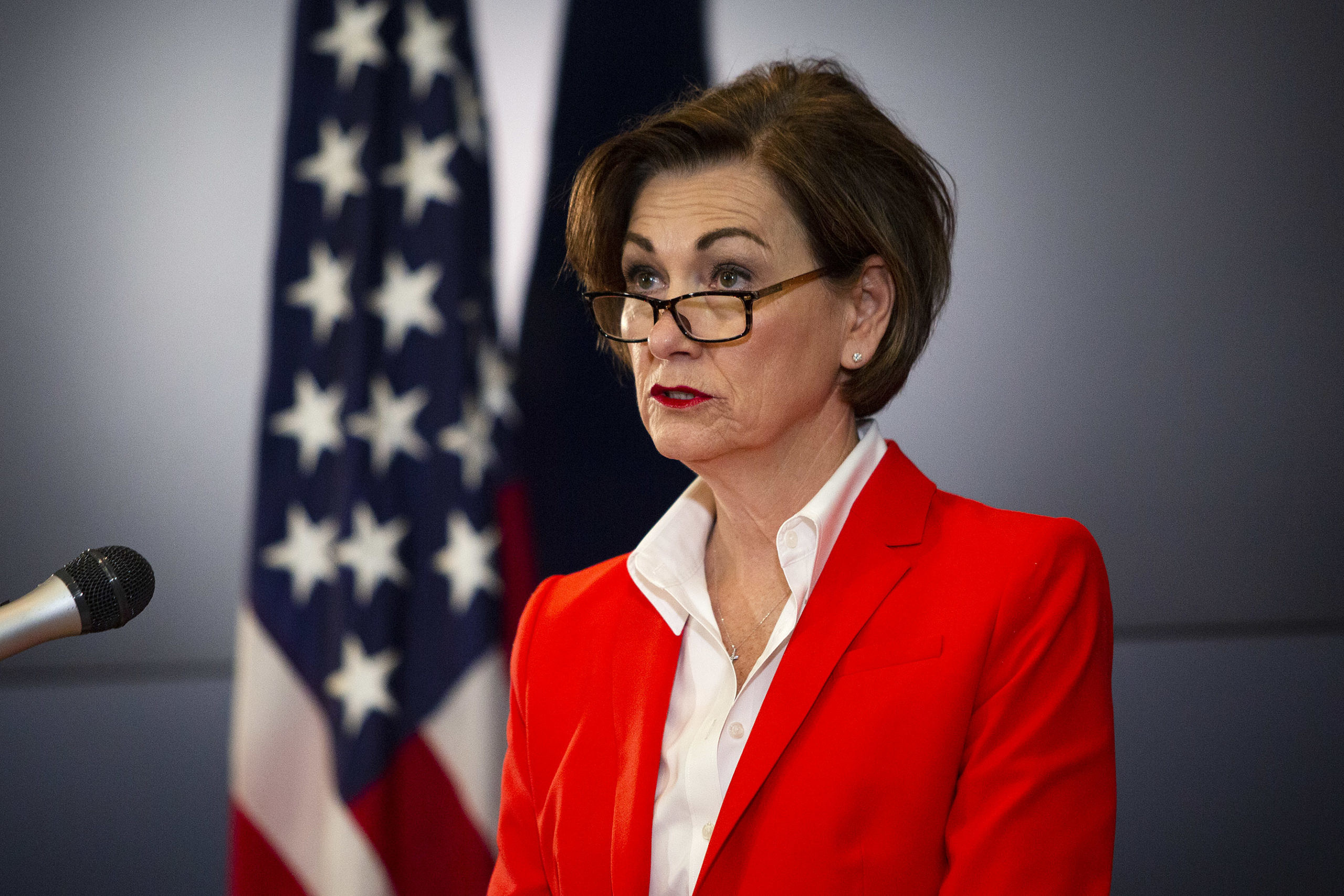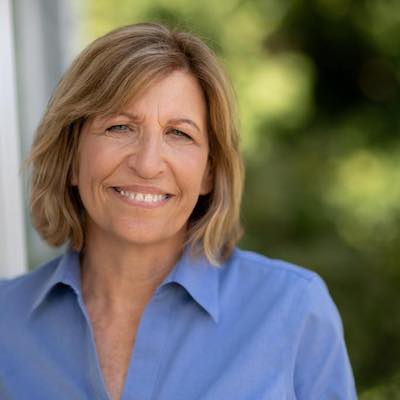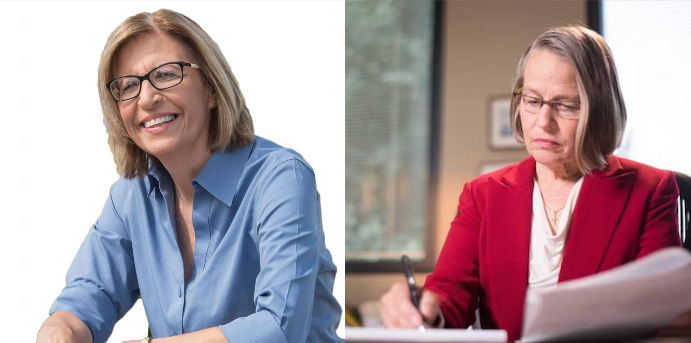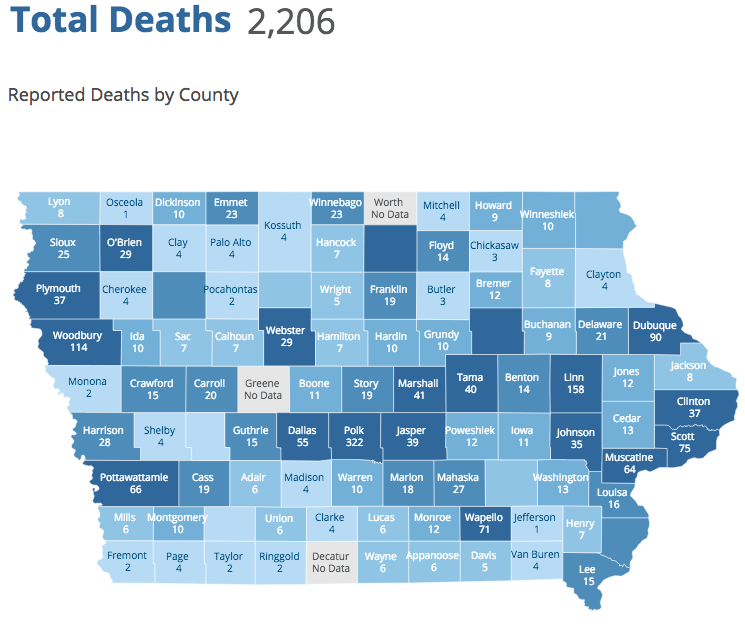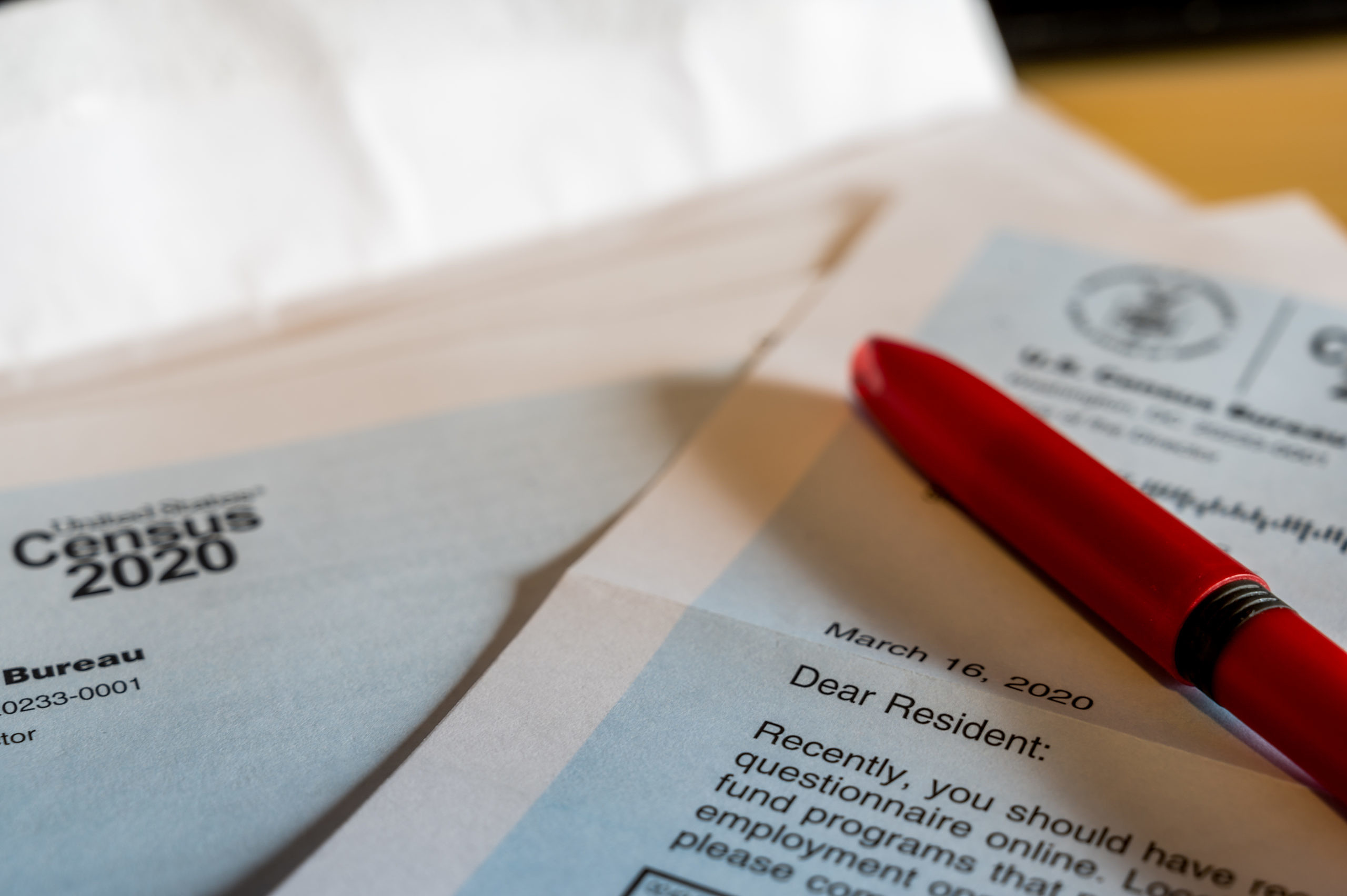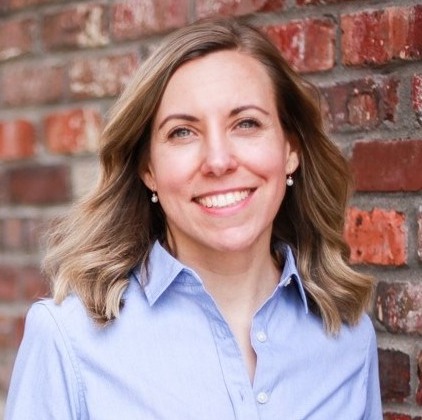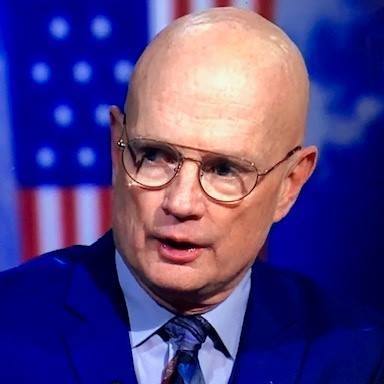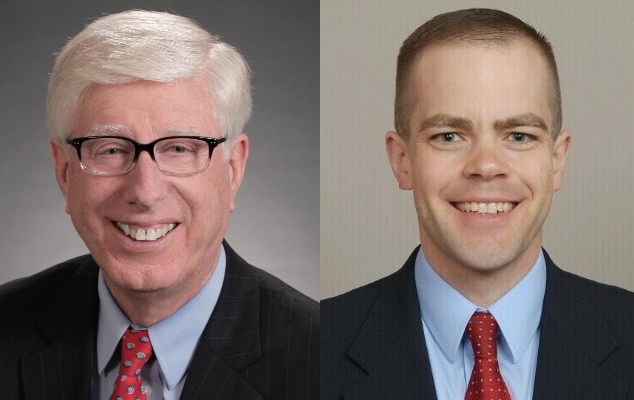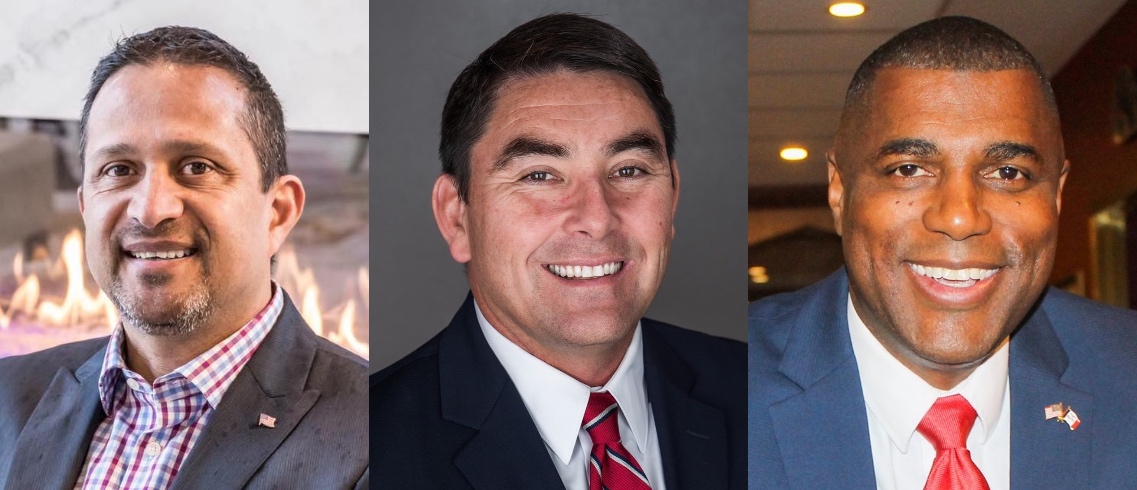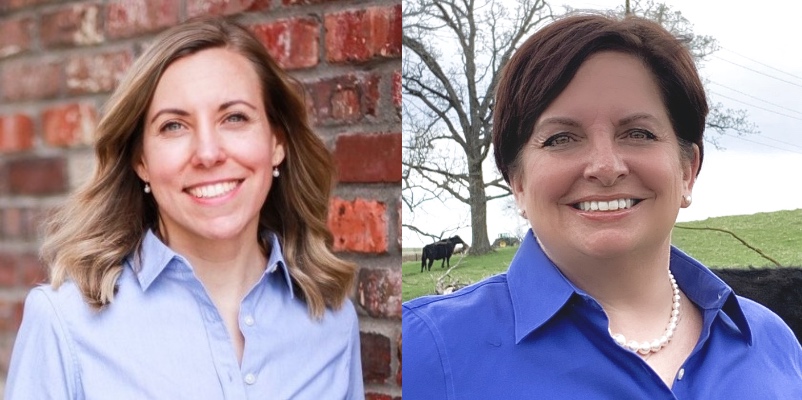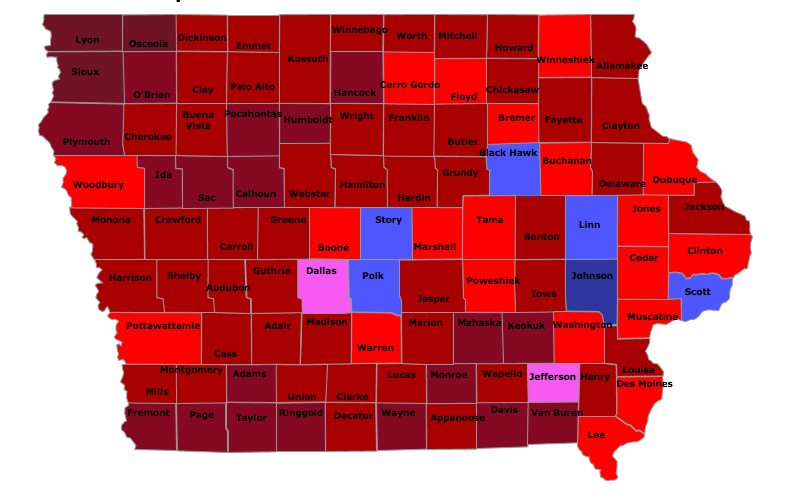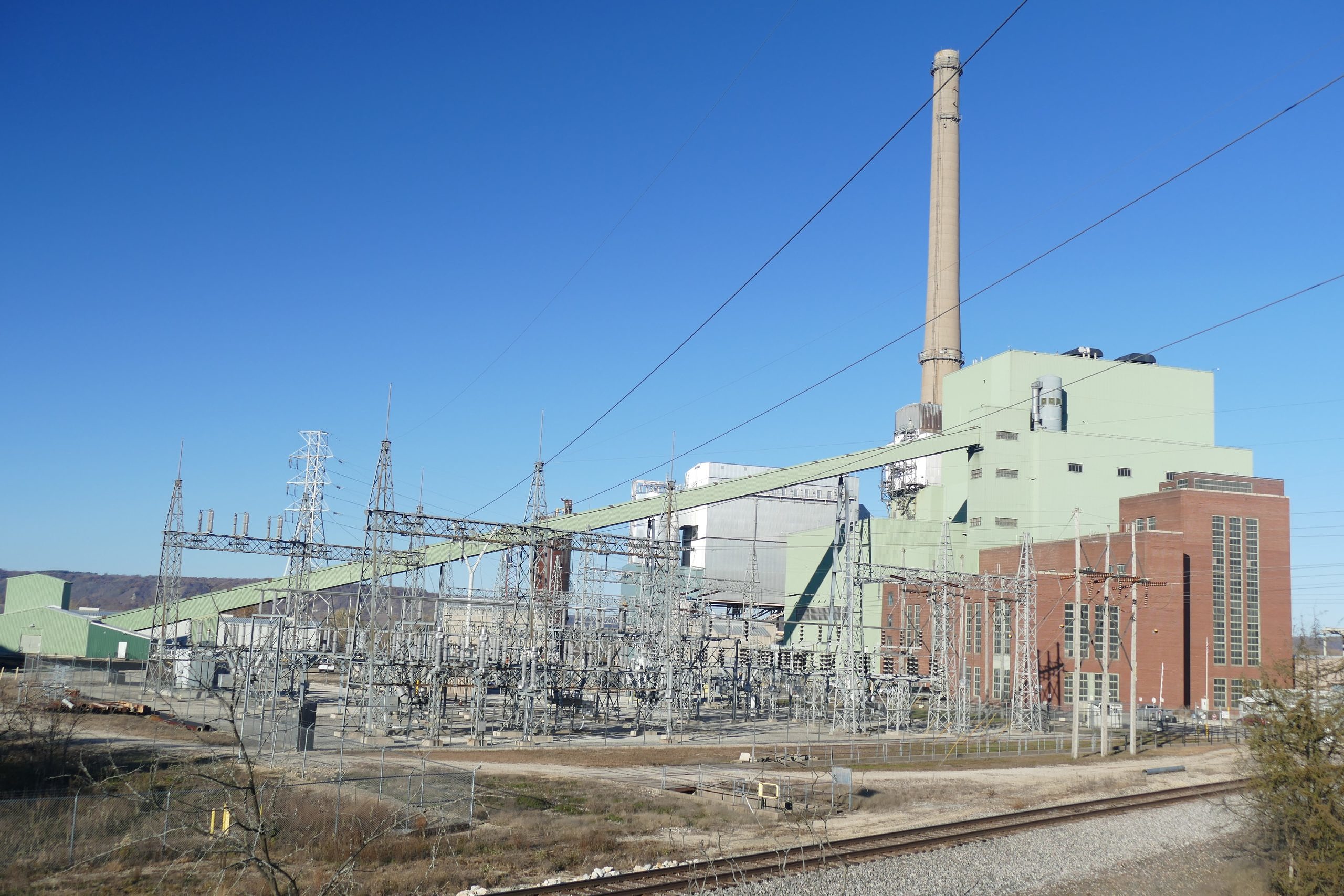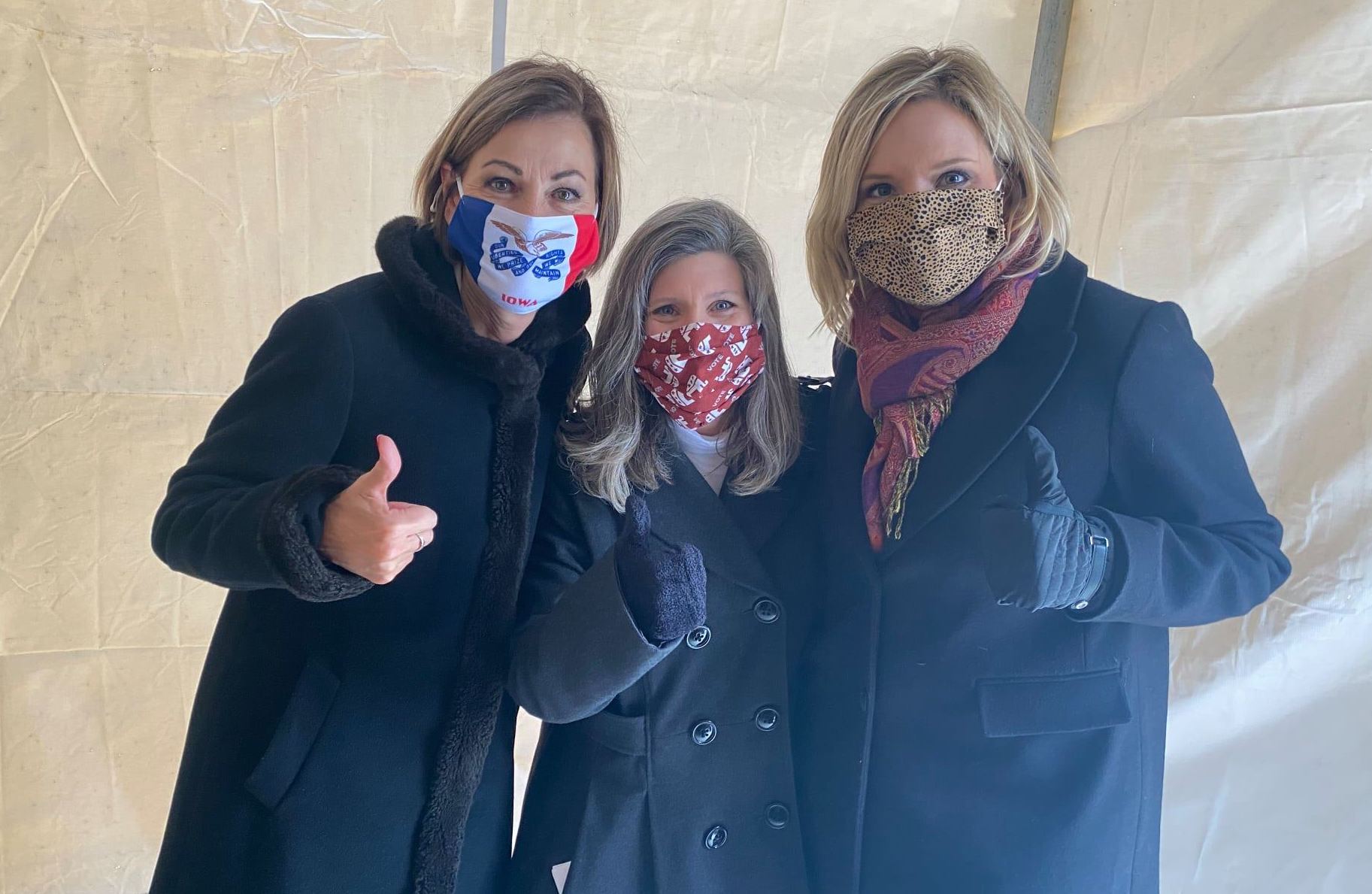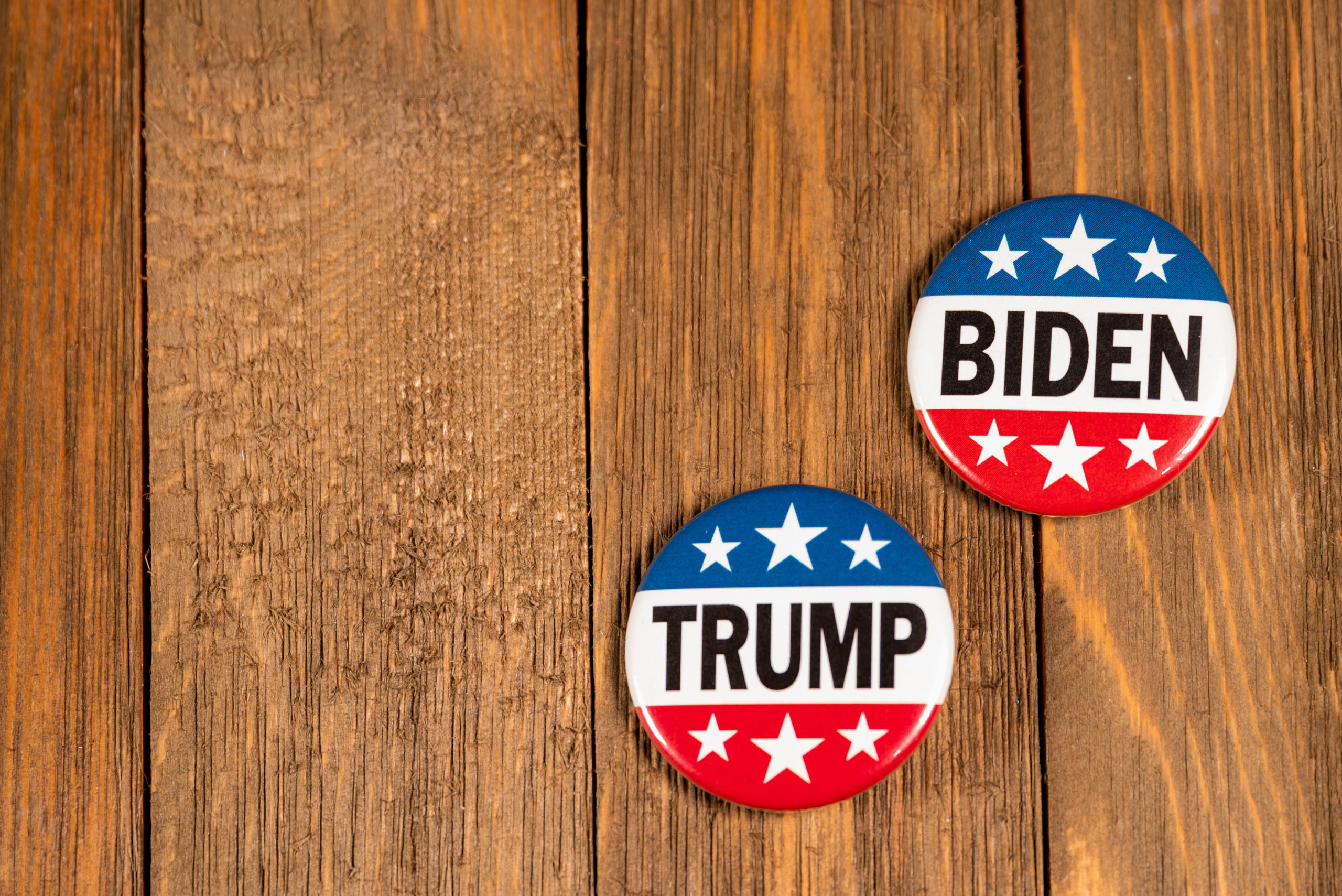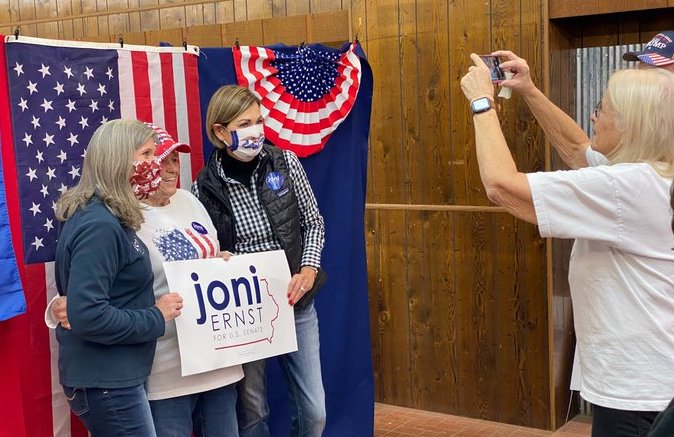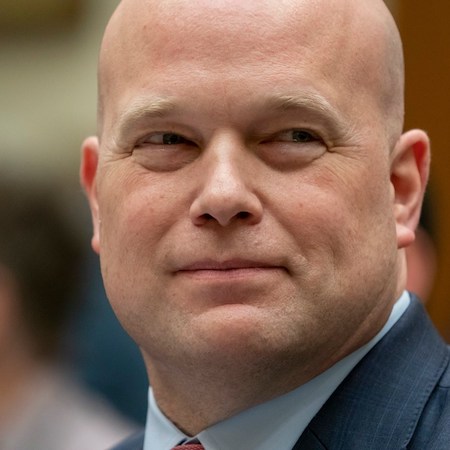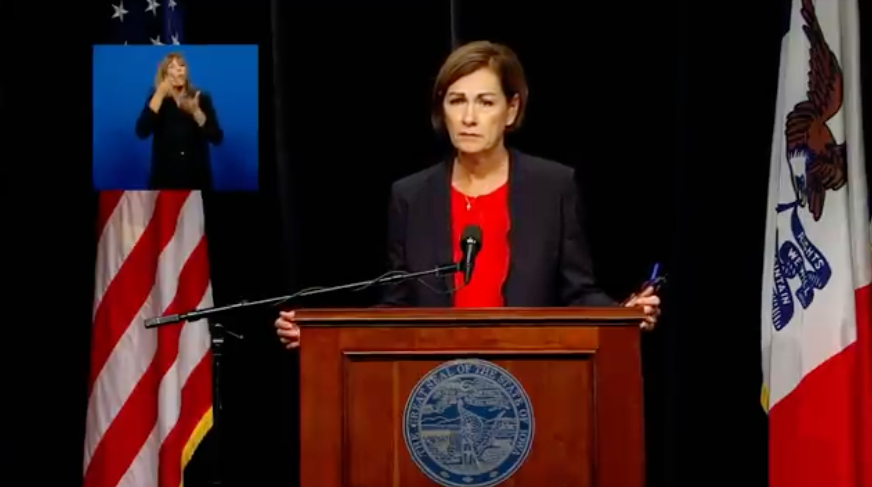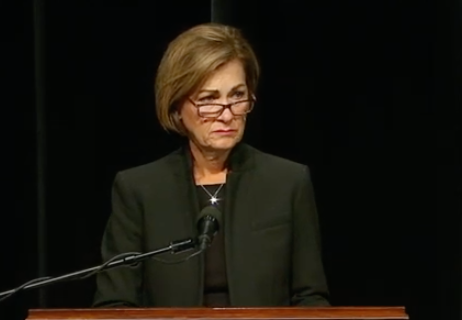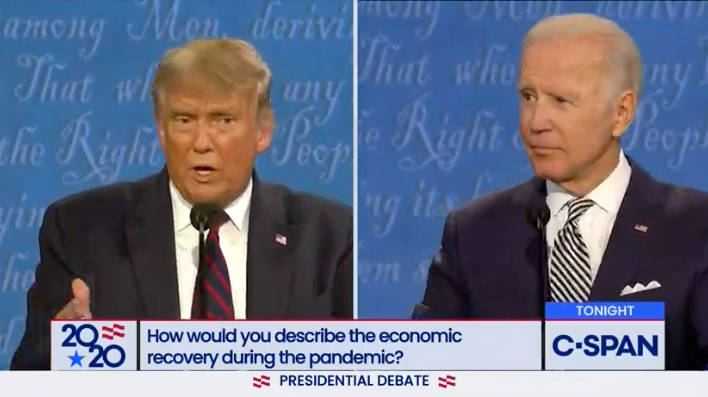Since the Iowa Department of Public Health (IDPH) changed how it counts and reports COVID-19 deaths on December 7, fatality numbers on the official website coronavirus.iowa.gov have become more accurate in several respects. The state’s dashboard no longer routinely lowballs how many Iowans have died in the pandemic. Instead, the IDPH numbers track closely with weekly figures published by the U.S. Centers for Disease Control.
We now know that COVID-19 deaths accelerated in Iowa this fall even more rapidly than was previously apparent. Through the end of November alone, at least 3,308 Iowans had died in the pandemic. That number was more than 600 higher than the state website indicated before the IDPH began implementing the new counting method.
Two drawbacks have accompanied this important policy change. First, there is a greater lag time between when an Iowan dies and when that fatality tends to appear on the dashboard. In addition, updates to the state website have become more erratic, with IDPH staff adding few or no deaths on some days, and more than 100 deaths on others.
Now more than ever, media organizations that report COVID-19 statistics daily must put those numbers in context. Anyone following news on the pandemic needs to understand that changing totals from one day to the next on the IDPH website do not reflect how many Iowans died of COVID-19 during the previous 24 hours.
That said, the more accurate counting method is bringing the horrifying scale of the pandemic into focus.

